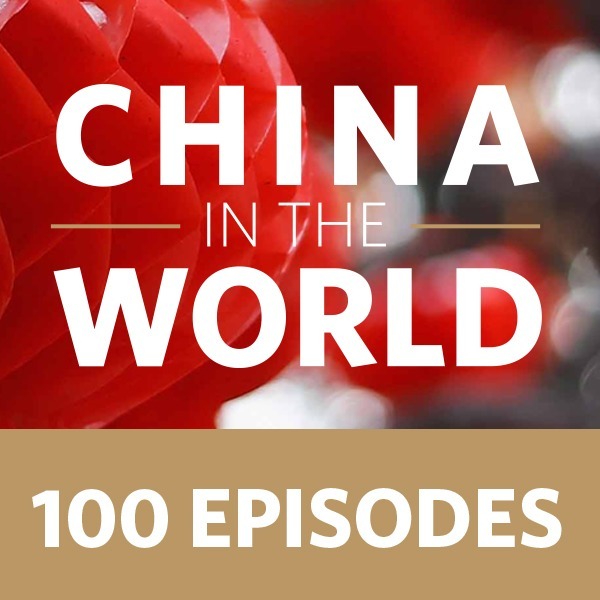
While U.S.-China and U.S.-Russia relations have steadily deteriorated, China-Russia cooperation has grown in its stead. On the heels of the contentious U.S.-China Alaska summit, Chinese and Russian foreign ministers met in Guilin to discuss bilateral cooperation on a range of issues and even published a joint statement promoting a shared vision for global governance. However, it is unclear to what extent Russian and Chinese interests will continue to converge. Although both nations have found a common adversary in the United States, any divergence of Russian or Chinese interests could create roadblocks to the two countries’ warming relations. Given China’s increasing economic and political clout, how will Russia manage the relationship in a way that concurrently maintains cooperation with China and protects its own national interests? Will China continue to view Russia as a security and economic partner? And how does the United States view and approach strong China-Russia ties?
During a live recording of the China in the World podcast, Paul Haenle spoke with Andrew Weiss, James Family Chair and vice president for studies at the Carnegie Endowment, Guan Guihai, associate professor at and executive vice president of the Institute of International and Strategic Studies at Peking University, and Vita Spivak, analyst at Control Risks, a global consulting firm, on recent developments in China-Russia relations and their implications for the United States. This panel was hosted as the third of the Carnegie Global Dialogue Series 2020-2021 and is also available to be watched online.